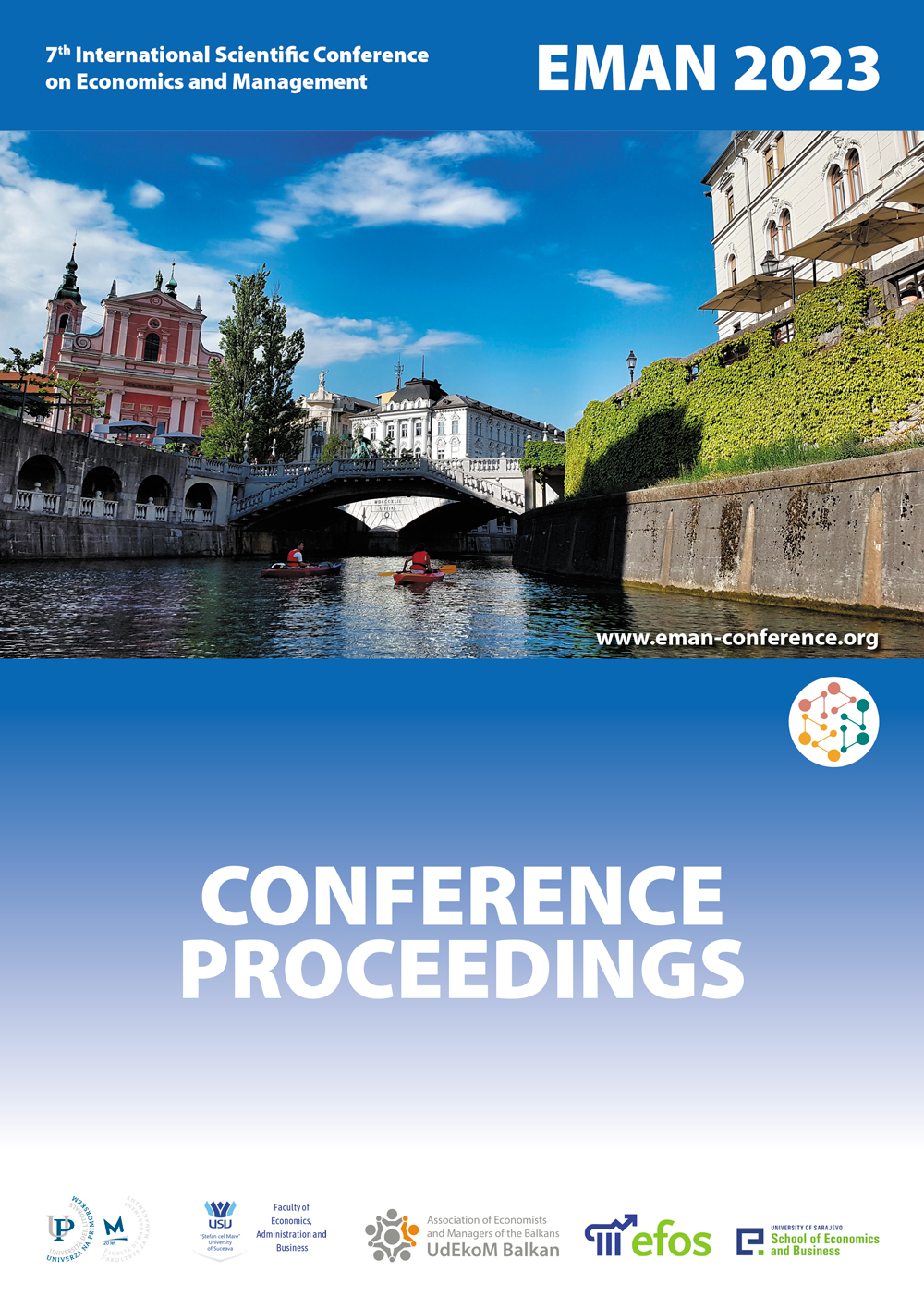Uvođenje eura 2023. godine i mogući utjecaji na turizam u Republici Hrvatskoj
Introduction of the Euro in 2023 and Possible Effects on Tourism in the Republic of Croatia
Author(s): Elvis Mujačević, Zrinka Martić
Subject(s): Social Sciences, Economy
Published by: Udruženje ekonomista i menadžera Balkana
Keywords: European Union; Euro; European exchange rate mechanism; Maastricht criteria; Euroization; Positive consequences; Negative consequences; Perception of citizens; Tourism
Summary/Abstract: On July 1, 2013, Croatia became a member of the European Union and thereby also committed to introducing the euro as its national currency as soon as it is ready. When Croatia’s macroeconomic situation began to develop in a positive trend, it entered the European Exchange Rate Mechanism (ERM II) on July 10, 2020, a kind of waiting room for the euro that prepares the country for a major change. Although Croatia is a deeply euroized country, months of adjustment to the euro await it in terms of adjusting prices, information and communication channels, and preventing possible crises and shocks that may affect the country’s economy during the conversion. In order to minimize shocks, efforts are being made to fulfill the Maastricht criteria. All possible positive and negative consequences that can be expected are listed, and through a survey on the perception of citizens, their level of information about the transition to the euro is shown, as well as fears such as price increases, inflation, loss of national sovereignty, as well as positive consequences that will reflect on tourism.
Book: EMAN 2023 / 7 – Economics & Management: How to Cope with Disrupted Times - CONFERENCE PROCEEDINGS
- Page Range: 347-360
- Page Count: 14
- Publication Year: 2023
- Language: Croatian
- Content File-PDF

